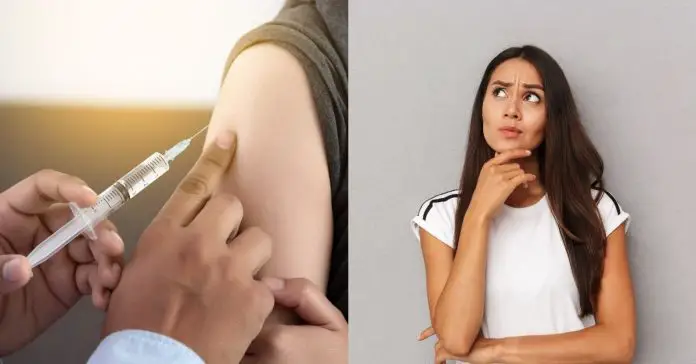“Vaccines” are all everyone can talk about nowadays, and with good reason. All around the world, different COVID-19 vaccines are being administered, and with it comes hope that all will return to normal soon. However, understandably, there’s also lots of confusion and hesitancy, especially as this is a “new” vaccine. To perhaps help clear the air a little, here’s some information we gathered on vaccines, and hopefully it helps answer the question of “what are vaccines?”
1) Vaccines Contain The Disease-Causing Germs
But not at their full strength. The same germs that cause the disease are either killed or weakened to the point where they don’t cause sickness anymore, and some vaccines contain only a part of the disease germ. Essentially, with this component, vaccines “teach” our immune system to produce antibodies just like it would if it was exposed to the disease itself.

2) There Are Different Ways To Adminster Vaccines
Most people think of injections when vaccines are mentioned, and they’re not wrong. Though vaccines are usually in the form of injections, they can also be administered orally, or sprayed into the nose.
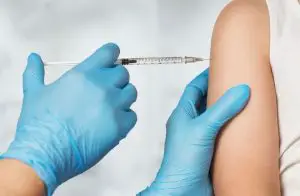
3) Vaccines Can Help Prevent Disease And Save Lives
According to the World Health Organisation, there are vaccines available to protect against at least 20 diseases. Certain people may have conditions that prevent them from taking vaccines safely, so by extension, people who live with them are protecting them by taking the vaccine and avoiding getting infected. WHO also estimates that vaccines save up to 3 million lives each year.
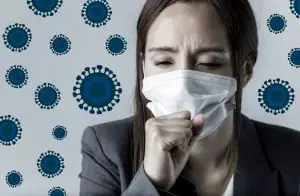
4) But How Does A Vaccine Work?
Vaccines reduce risks of you contracting a disease by working with the body to build and protect. With a vaccine, the body recognises the invading germ and produces antibodies. The body will then remember the disease and how to fight it off. If there’s a future exposure to the disease, the immune system can then quickly destroy it before you get sick.
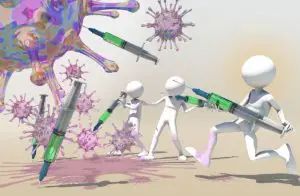
5) Can I Still Get Sick After Taking A Vaccine?
The short answer is yes. Vaccines help prevent diseases, but there’s no 100%. That said, having been vaccinated could lessen the effects of certain illnesses, or potentially save a life.

6) What Are The Ingredients In A Vaccine?
There are four key ingredients in a vaccine, among others:
- Antigen: The killed or weakened form of a virus/bacteria
- Adjuvants: These help boost our body’s immune response, therefore helping vaccines work better
- Preservatives: To ensure that the vaccines remain effective
- Stabilisers: To protect the vaccines during storage and transportation
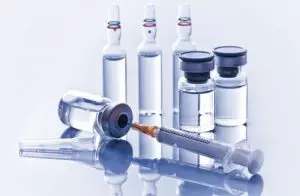
7) Vaccine Development And Testing
Vaccines undergo several rigorous testing phases, and to break it down simply, there’s an experimental vaccine first tested in animals, followed by human clinical trials in three phases. Testing on animals is done to evaluate a vaccine’s safety and potential to prevent disease, and according to the World Health Organisation, this is what the three phases of human clinical trials look like:
- *In phase I, the vaccine is given to a small number of volunteers to assess its safety, confirm it generates an immune response, and determine the right dosage.
- In phase II, the vaccine is usually given hundreds of volunteers, who are closely monitored for any side effects, to further assess its ability to generate an immune response. In this phase, data are also collected whenever possible on disease outcomes, but usually not in large enough numbers to have a clear picture of the effect of the vaccine on disease. Participants in this phase have the same characteristics (such as age and sex) as the people for whom the vaccine is intended. In this phase, some volunteers receive the vaccine and others do not, which allows comparisons to be made and conclusions drawn about the vaccine.
- In phase III, the vaccine is given to thousands of volunteers – some of whom receive the investigational vaccine, and some of whom do not, just like in phase II trials. Data from both groups is carefully compared to see if the vaccine is safe and effective against the disease it is designed to protect against.*
*Sourced from WHO.

Note: This article is meant to be informational, and not to be taken as expert medical advice. Please speak to a doctor if you have any questions or concerns.


